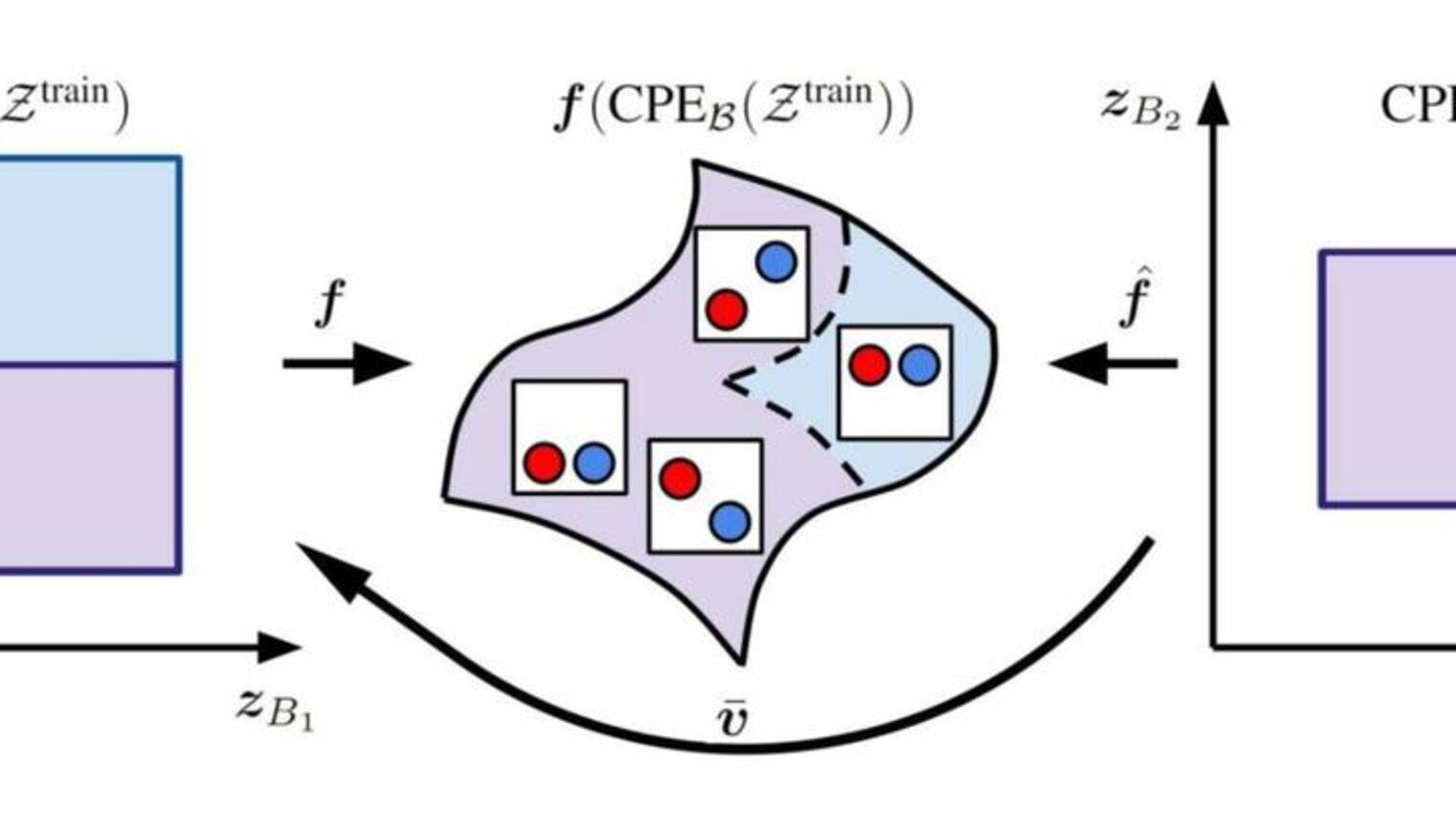
Ioannis Mitliagkas
Biographie
Je suis professeur associé au Département d'informatique et de recherche opérationnelle (DIRO) de l'Université de Montréal. Je suis également membre de Mila – Institut québécois d’intelligence artificielle et titulaire d’une chaire en IA Canada-CIFAR. J'occupe aussi un poste de chercheur à temps partiel chez Google DeepMind à Montréal. Auparavant, j'ai été chercheur postdoctoral aux départements de statistique et d'informatique de l'Université de Stanford; j'ai obtenu mon doctorat à l'Université du Texas à Austin, au Département d'ingénierie électrique et informatique. Mes recherches portent sur l'apprentissage statistique et l'inférence, et plus particulièrement sur l'optimisation, les algorithmes efficaces distribués et à grande échelle, la théorie de l'apprentissage statistique et les méthodes MCMC. Mes travaux récents s’intéressent notamment aux méthodes d'optimisation efficace et adaptative, à l'étude de l'interaction entre l'optimisation et la dynamique des systèmes d'apprentissage à grande échelle, et à la dynamique des jeux.



